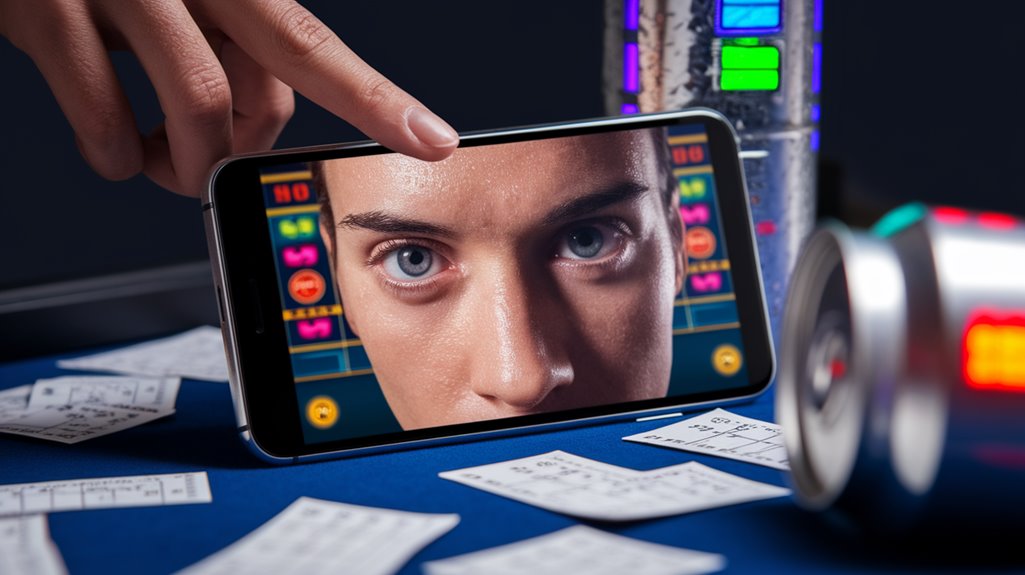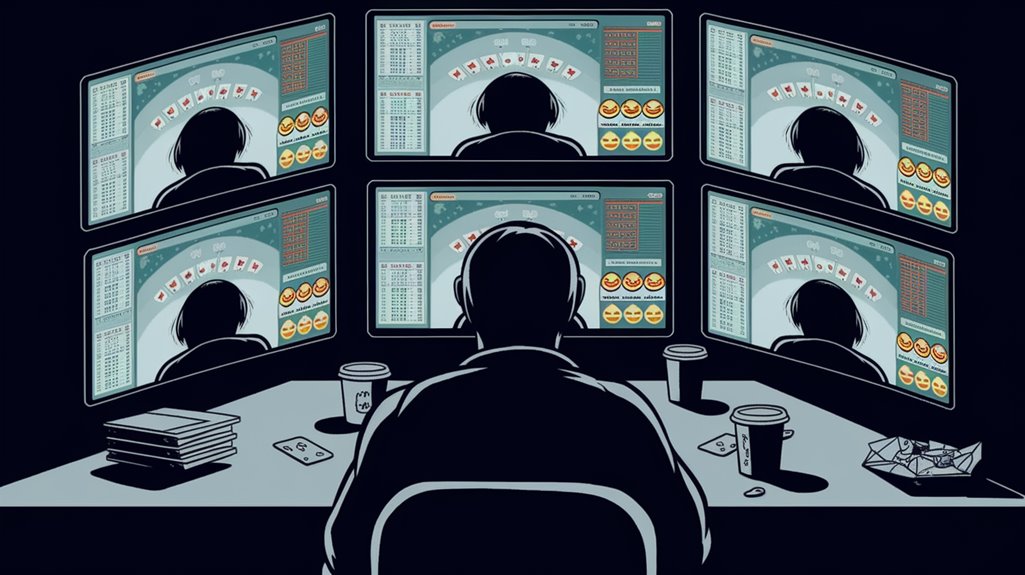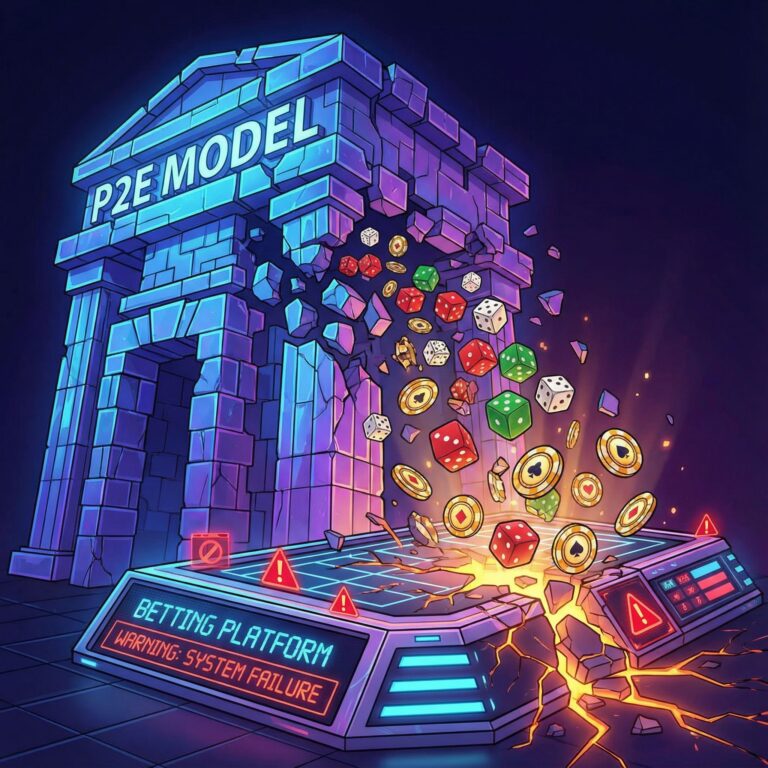
How People Bet Online: The Mind Play

How Minds Work in Online Gambling
Web gambling sites use clever mind tricks with key digital parts that change how we bet. These sites set up random prizes that make us feel good, causing strong brain reactions like those seen with drugs.
Being Online All the Time Changes Risks
The always-open and quick betting on these 더 많은 정보 보기 sites can skip the usual steps we take to think over risks. With fast actions, our normal brain checks that stop bad bet choices might not catch up.
How Virtual Bits and Social Hints Cover True Feelings
Fake Money Feels Less Real
Using game-like money makes real losses feel less harsh, changing how we see risks and spend money.
How Gaming and Chatting Mix Up the Game
Social bits on gambling sites and game-like parts add layers to online betting, making it differ from old school games. These parts can:
- Make too much betting seem okay
- Make skill levels feel unreal
- Build groups that say betting is good
- Keep players coming back
Brain Changes
The mix of game-like design and wins changes brain roads linked to choosing and feeling good, likely raising addiction risks in some.
The Mind Games of Online Betting
Inside the Minds of Online Bettors
How Online Bets Hook You
Today’s betting sites twist gambling with deep-sitting mind plays that get into basic mind habits and flaws.
These digital places push past old casino ways with deeper, faster impacts.
The Heart of Online Betting
Random prizes shore up the plan of digital betting, setting up strong random rewards that feel like slot machine hooks.
These set-ups keep players in, playing with win times that make brains light up.
Main Online Pulls
- Countdowns build need-to-do feels
- Win notes link to seeing others win
- Targeted buzzes use player habits
- Close-wins keep players playing
- Easy-click bets cut think time
Brain Changes
The sharp designs poke right at the brain’s good-feel system with tight visual and sound hints.
These sparks can hop over risks thinking, pulling players into a setting that shifts normal choice paths.
More Ways to Keep You Playing
Digital world uses all senses with:
- Lively pictures
- Clever sounds
- Real-touch feels
- Player-tailored looks
- Real-time crowd vibe bits
These parts build a strong mind setup that tweaks how users see and join in betting moves.
Prizes and Brain Joy in Online Games
How Online Games Mess with the Brain

The Science Behind The Screen Bets
Web bet sites make our brain’s happy spots light up through careful never-sure prize plans. Betting pages turn on these joy bits at wins, near-misses, and wait-times. This brain stuff looks a lot like what goes on with drug hooks.
The Ups and Downs of Brain Joy
When bets are made, a complex brain wave kicks off, giving good feels in hope for a prize. The gambles’ unknown wins spark deep brain changes through moving prizes.
Each thing like buzzes, rolls, or bright bits makes tiny joy pops, keeping up bet habits no matter win or lose. These brain set-ups tell why a player can’t stop betting, even when losing cash, as brain links tie betting acts to fun feels, apart from money.
The Brain Pulls in Site Gambles
- Fast lights:
- Sound clues:
- Win bars:
- Nearly won times:
- Group cheers:
Seeing Risk and Making Choices in the Game World
How We See Risk and Choose in a Virtual Game World
The Mind Games of Web Betting Places
Virtual gamble spots change how we think about risk and brain work in users.
When we play on digital betting games, we feel a big mind split between fake and real money.
The game parts and fake money show set a scene where usual risk checks don’t work as before.
How Digital Choices Move
Web betting sites speed up choice making unlike old game spots.
This mind change comes as we drop things that once made us think hard.
The brain’s risk checks face big tests because:
- Now wants
- Fast pictures
- Always up sites The Best Sports to Bet on for Beginners
- Smooth money moves
Risk Thinking Shifts
The mix of deep game parts and fake money makes a unique mind spot where users show low brain work in risk checks.
Web games use smart page designs that can hop over old risk check steps, leading to:
- Fast bet calls
- Low risk view
- Less cash feel
- More quick acts
These parts mix to shift the deep base of how we think in terms of games today, making it tough to keep safe bet habits.






